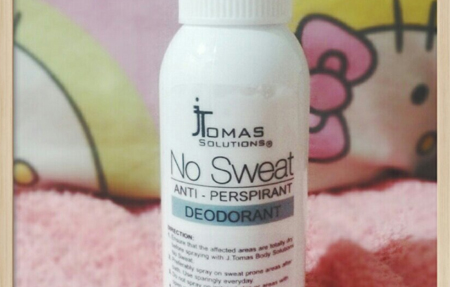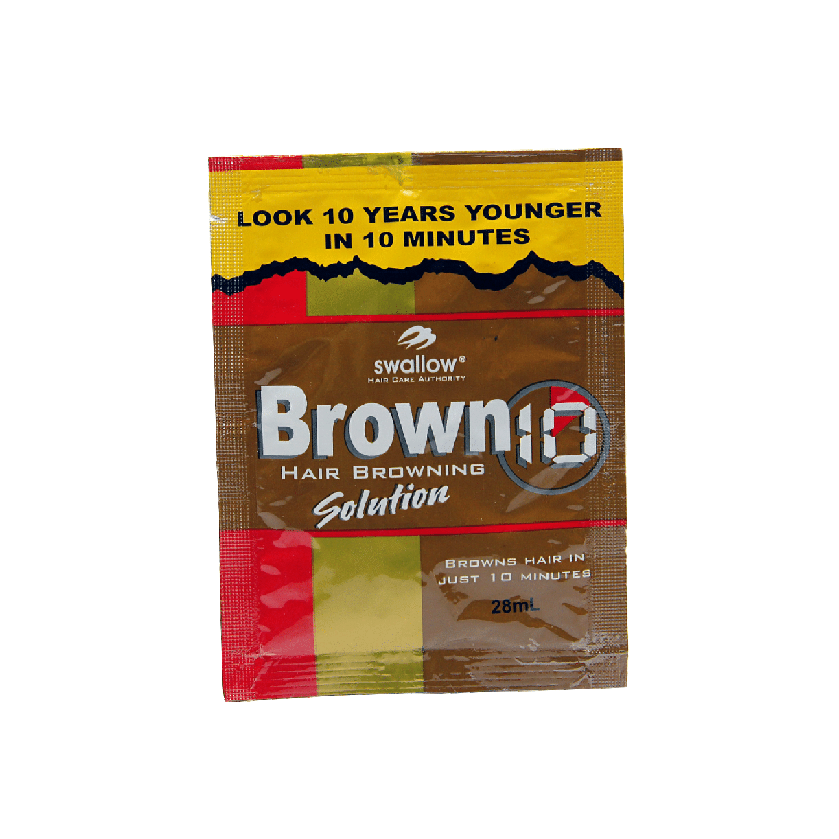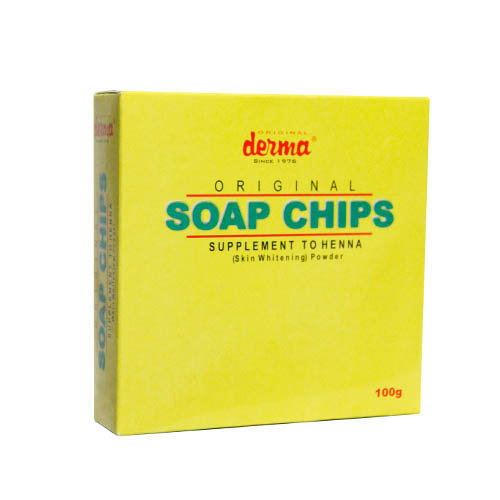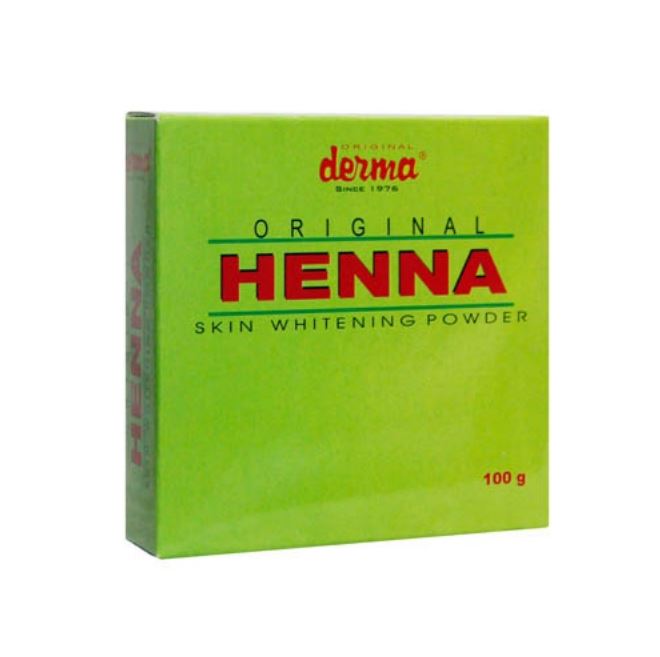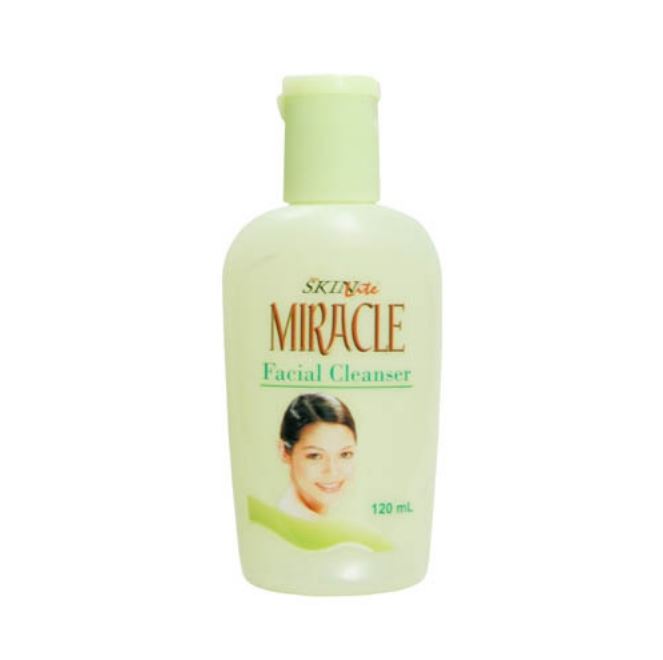This Could Be The Reason Behind Those Shirt Stains Your Kilikili Makes
October 2, 2018
We all sweat, and there’s nothing gross about it. Sweat is a natural, biological cool-down response when your body temp rises. But you have to admit: We’d rather *not*sweat when we have a job interview, or when an office crush is nearby, or when it’s time to give the monthly sales presentation to the bosses.
So we don’t give sweat a bad rap, we’ve listed down a few common misconceptions to get the facts straight about it.
1. Sweat causes yellow stains on your blouse.
Your pawis is colorless, since it’s essentially made up of water with trace amounts of chemical compounds from the body. However, the sweat released by two of the body’s sweat glands, apocrine and eccrine, differ from one another. Apocrine glands are located near hair follicles (that includes your underarms, scalp, and genitalia) and release sweat combined with fatty acids, ammonia, and urea. On the other hand, eccrine glands release more water-heavy sweat that mostly contains salts and sugars. When sweat from apocrine glands comes in contact with bacteria, fats, and oils on your skin, that’s when it can leave yellow stains on your cute white- or pastel-colored tops.
2. Sweat is what makes you smelly.
Sweat is basically odorless when secreted by the body, but it does play a part in the way you smell. When sweat from apocrine glands is combined with trapped bacteria around your hair follicles, it results in body odor. In this case, it really doesn’t hurt to take your time when it comes to hygiene, because no one wants to be *that* person in the elevator after a long, sweaty commute.
3. Sweating more makes you lose weight.
We hate to break it to you, but that puddle of sweat from your 90-minute hot yoga class or high-intensity spin session is nothing but water. Sure, you might see a slight drop in weight right after working out, but you’ll be gaining all that back once you rehydrate. Exercising will help you shed the pounds, but you shouldn’t measure weight loss by the amount you sweat. To help you stay fit, combine frequent workouts with a healthy diet.
4. Antiperspirants cause cancer.
Breast cancer often originates from above the breast, near the armpit. This led many scientists to believe that the source of tumor growth is antiperspirant chemicals that just happened to seep into the skin. The truth? There’s no conclusive evidence to back up the claim that antiperspirants cause breast cancer—or even Alzheimer’s.
5. Antiperspirants and deodorants are one and the same.
A deodorant masks body odor to help keep you smelling fresh, but it won’t prevent you from sweating. An antiperspirant, on the other hand, prevents sweating, thus keeping pawis at bay. While they do completely different things, it isn’t entirely out of the question to combine the two to limit your sweat and keep you smelling fresh for hours. Wear No Sweat Antiperspirant Deodorant Spray by JTomas Solutions—a hygienic spray that can help you feel fresh and counteract excessive sweating not just in the armpits (minus the yellow shirt stains), but also in your hands, feet, chest, and back! So there’s really no need to sweat the small stuff.

NO SWEAT Antiperspirant Deodorant Spray by JTomas Solutions is available for only Php88.00 in Watsons, Robinsons, Mercury Drugstores, and other leading department stores and supermarkets nationwide. Follow JTomas Collections on Facebook for more information.

